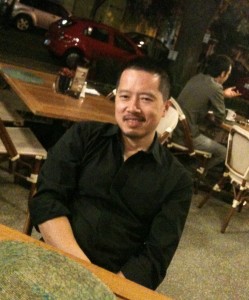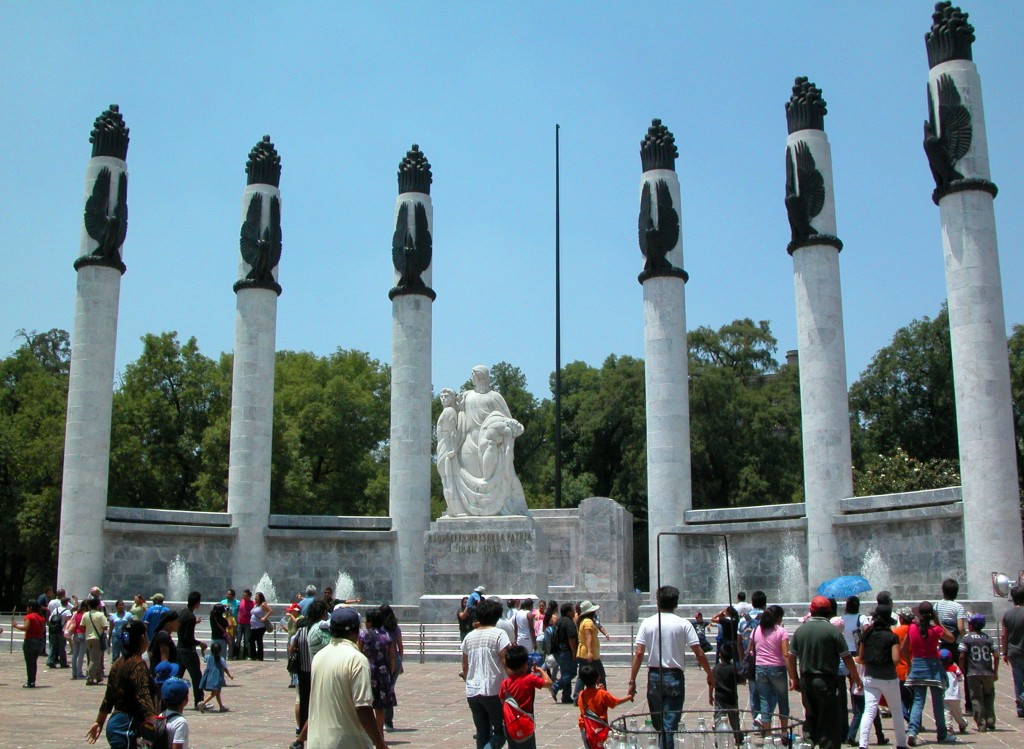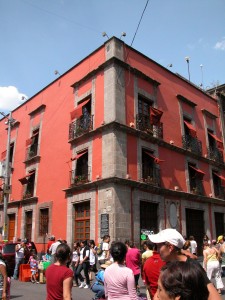 If your holidays were like mine, they came and went in a blur. There were the usual family obligations, dinners, gifts to the children, phone calls to make. But also, some of the “time off” was needed to upgrade and maintain the clinical practice’s infrastructure. Few of you probably realize how much time is required outside of patient contact hours just to make the practice viable. This year, much time went into upgrading the practice’s computer hardware and software. New government regulations involving electronic record-keeping and electronic billing have required new software, and the new hardware to run them. But, more about that in a later blog.
If your holidays were like mine, they came and went in a blur. There were the usual family obligations, dinners, gifts to the children, phone calls to make. But also, some of the “time off” was needed to upgrade and maintain the clinical practice’s infrastructure. Few of you probably realize how much time is required outside of patient contact hours just to make the practice viable. This year, much time went into upgrading the practice’s computer hardware and software. New government regulations involving electronic record-keeping and electronic billing have required new software, and the new hardware to run them. But, more about that in a later blog.
With Chinese New Year’s festivities a few weeks ago, the holidays have finally closed. The last cards have been belatedly sent, and now we look forward to this new year. Sometimes a cliched expression sums it up best: Let’s make this year the best ever. If you are reading this, chances are you are experiencing unhappiness, dissatisfaction, and stress. If you are frustrated, you likely have good reason to be in these stressful times. Often, it is unclear how we can change our internal experience because they reflect real and problematic situations.
So, how can we feel better, let alone make this year the best ever? As a starting point, I do not suggest medication or psychotherapy. To start, I do suggest that we examine and reexamine how we live. Are we just busy without experiencing what we are busy doing? When our life is like this, we fail to experience the simple pleasures that come with just being alive, the experiences of eating a delicious meal or of connecting with others through conversation or of experiencing the blue sky and fresh air.
All New Year’s resolutions fail unless they are simple. The following daily directives are simple. They are certainly not original to me, but I have found that they are often forgotten in the search for a magic pill.
1. Walk a mile a day. There is a clear connection between physical activity and mental well-being. When I worked at Baylor College of Medicine a few years ago, I walked a mile to and from work every day. I kept my weight down and I recalled feeling well in general. Last year, my weight went up 10 lbs and my blood pressure crept up into the borderline hypertensive range. I felt stressed and tired. A change was needed. I have tried to walk more, to use the stairs, to walk during the evening around the neighborhood, to walk to the local drugstore instead of using the car. I try to go to the gym 3-4 times per week, and I walk there from my house. My weight has declined and my blood pressure has dropped.
2. Avoid foods with added sugar. Impossible, you say. Well, I mean just try to avoid them, though it would be hard to avoid them completely. We often don’t realize how many calories come from sweeteners added to beverages and foods. The calories in these foods are sort of hidden, and dangerous. I can’t tell you the number of times very overweight patients have said to me “but I don’t eat anything, how come I am overweight”. While there may not be a clear connection between certain foods and mental states, the connection between chronic diseases (frequently associated with obesity) and mental health is clear and indisputable. For example, diabetic patients almost always suffer depression at some point.
3. Maintain a spiritual practice. A spiritual outlook improves our daily experiences. In my view, spirituality is about appreciating the essence of life. These days, life is often defined by production and consumption (or work and spend). Just think about it, the progress of nations is defined by measures of production and consumption. I think that, without a deeper awareness and appreciation of the everyday miracles that make life possible, we miss out on life itself. For many, spirituality is part of a religious practice; for others it is independent of religion.




